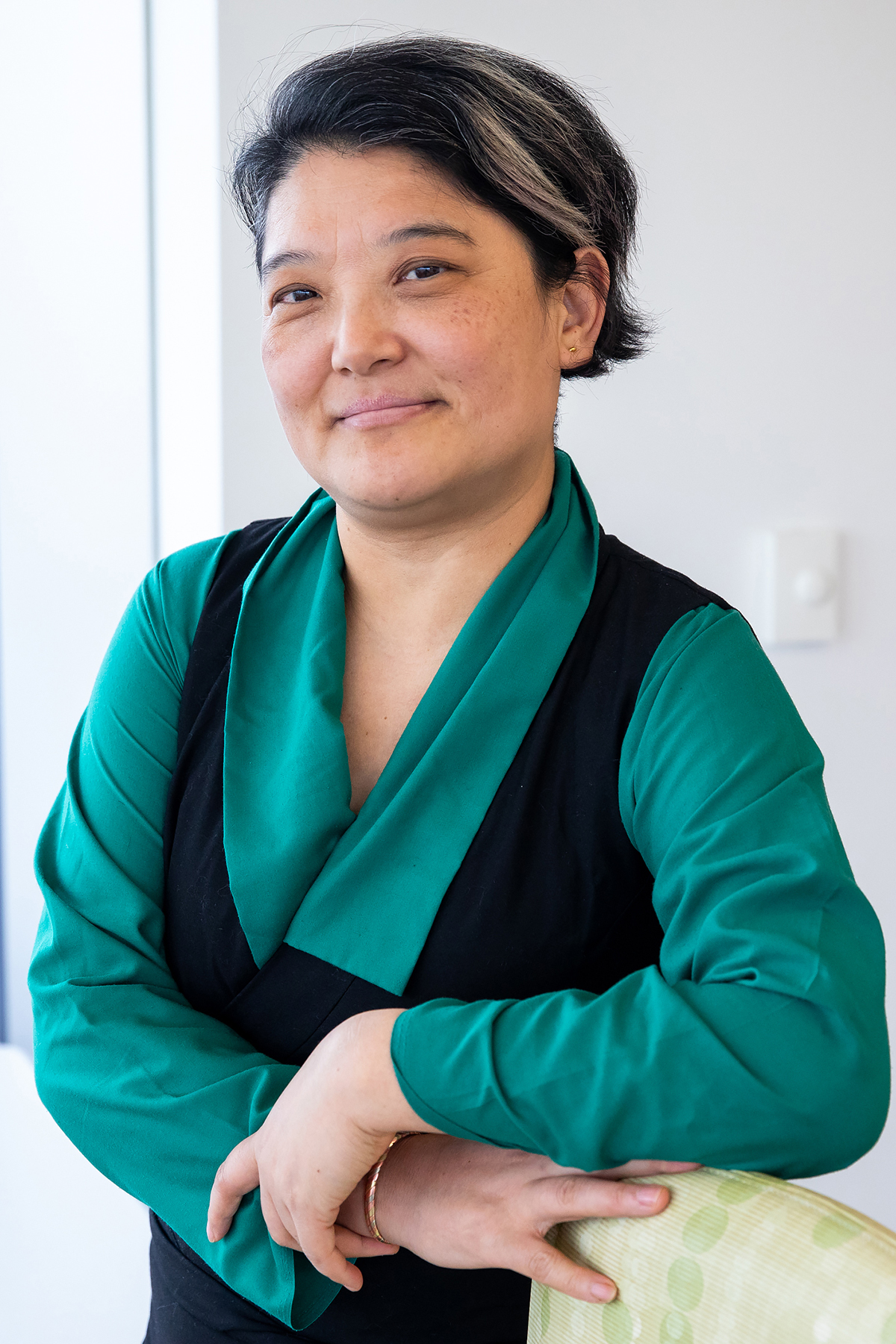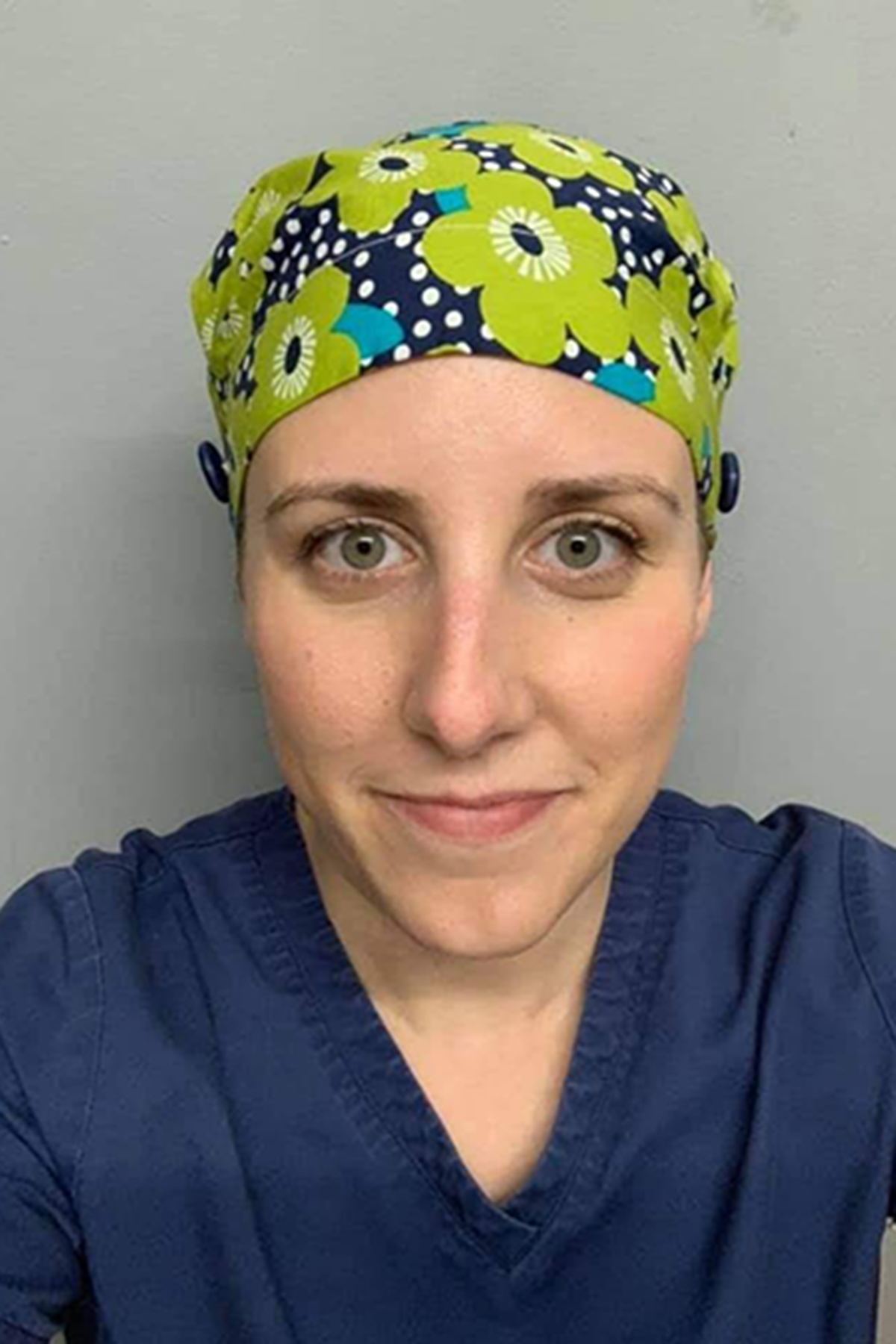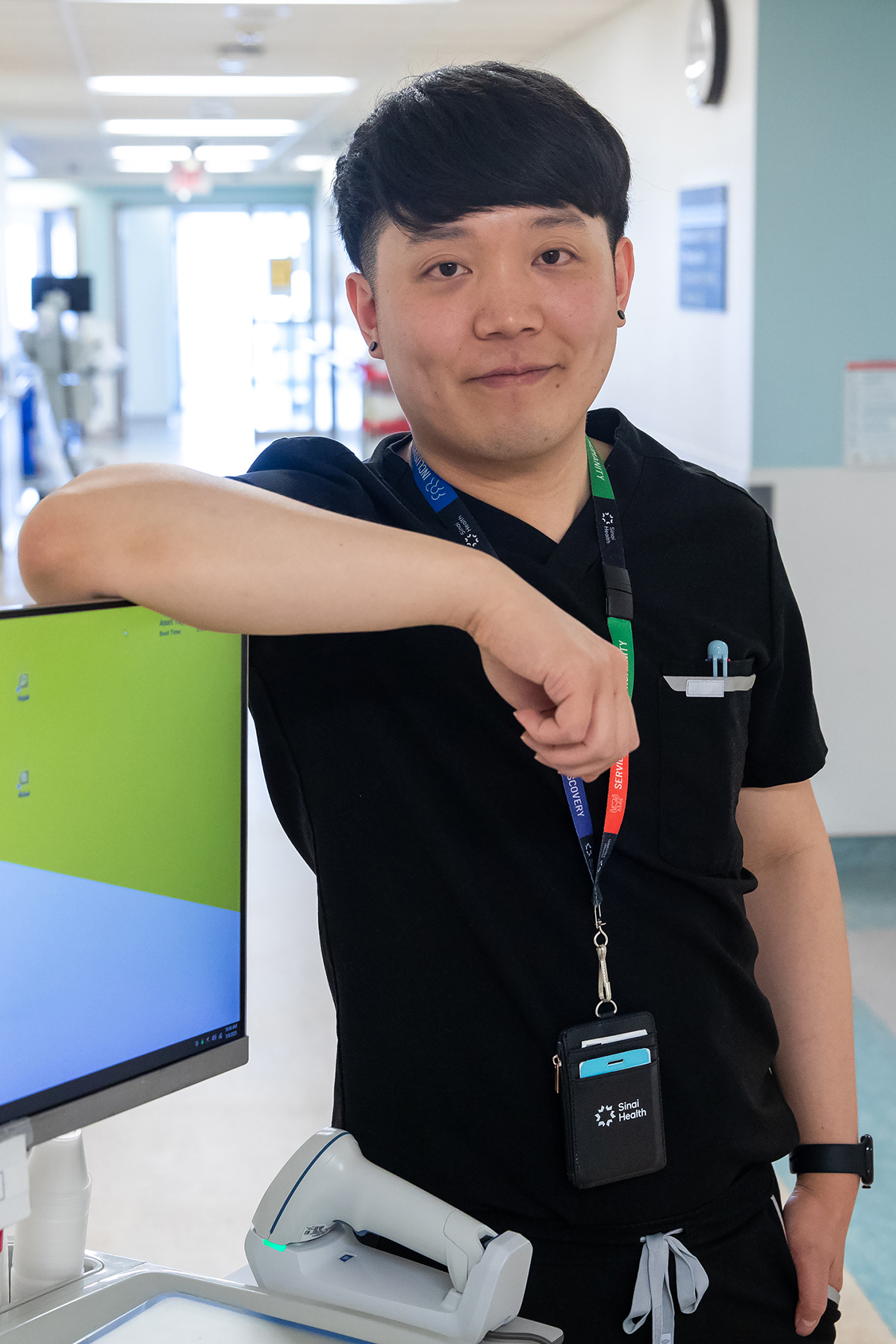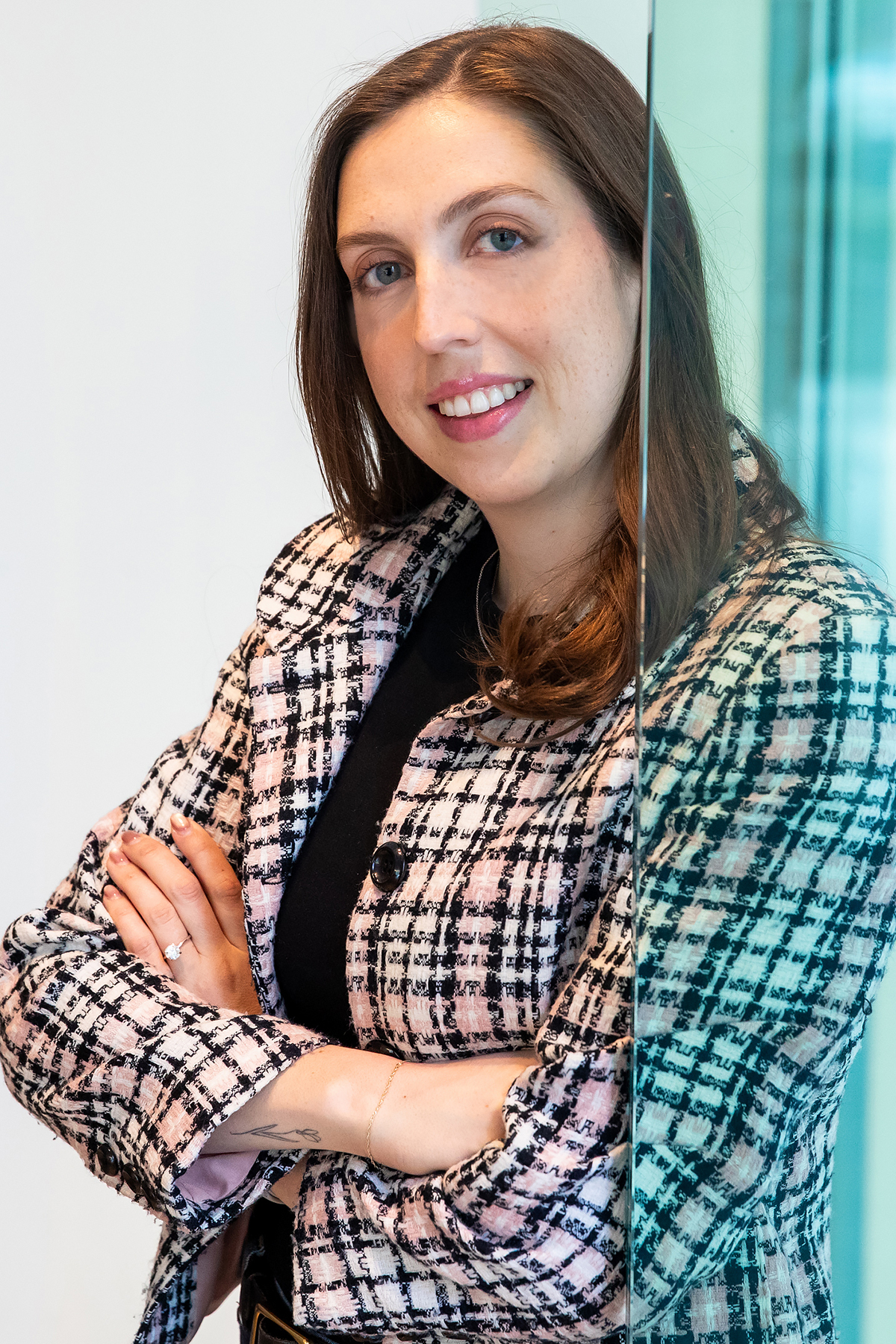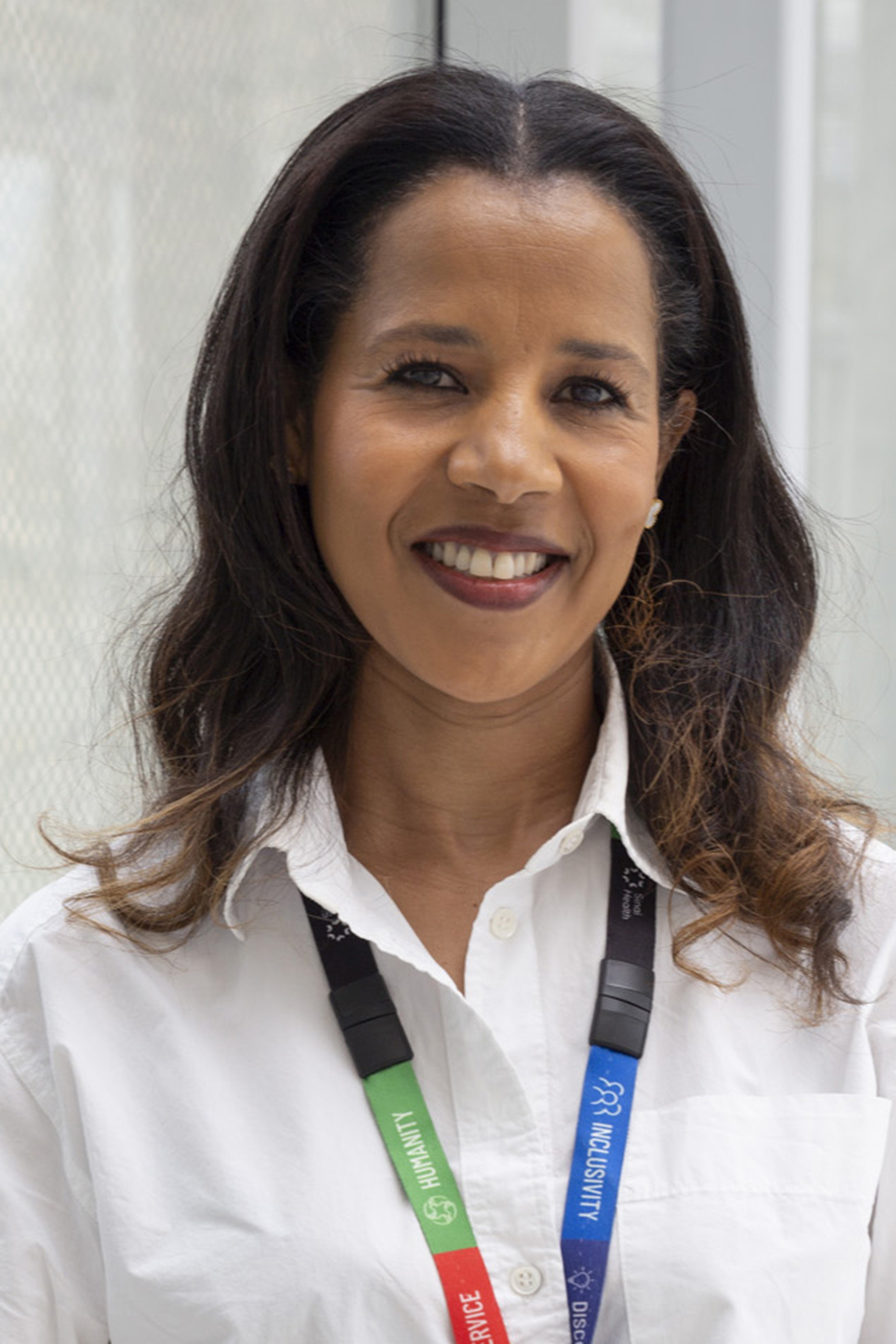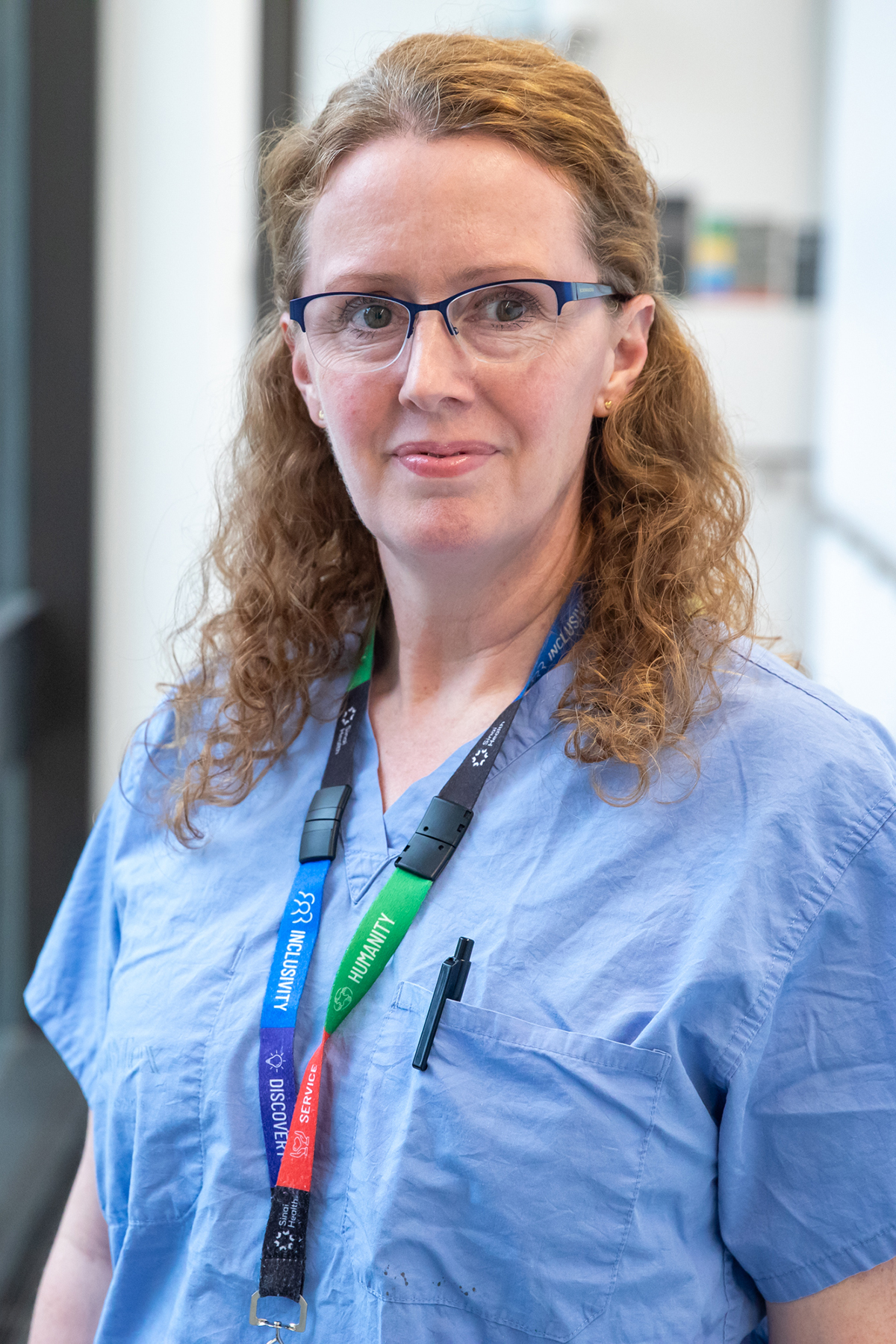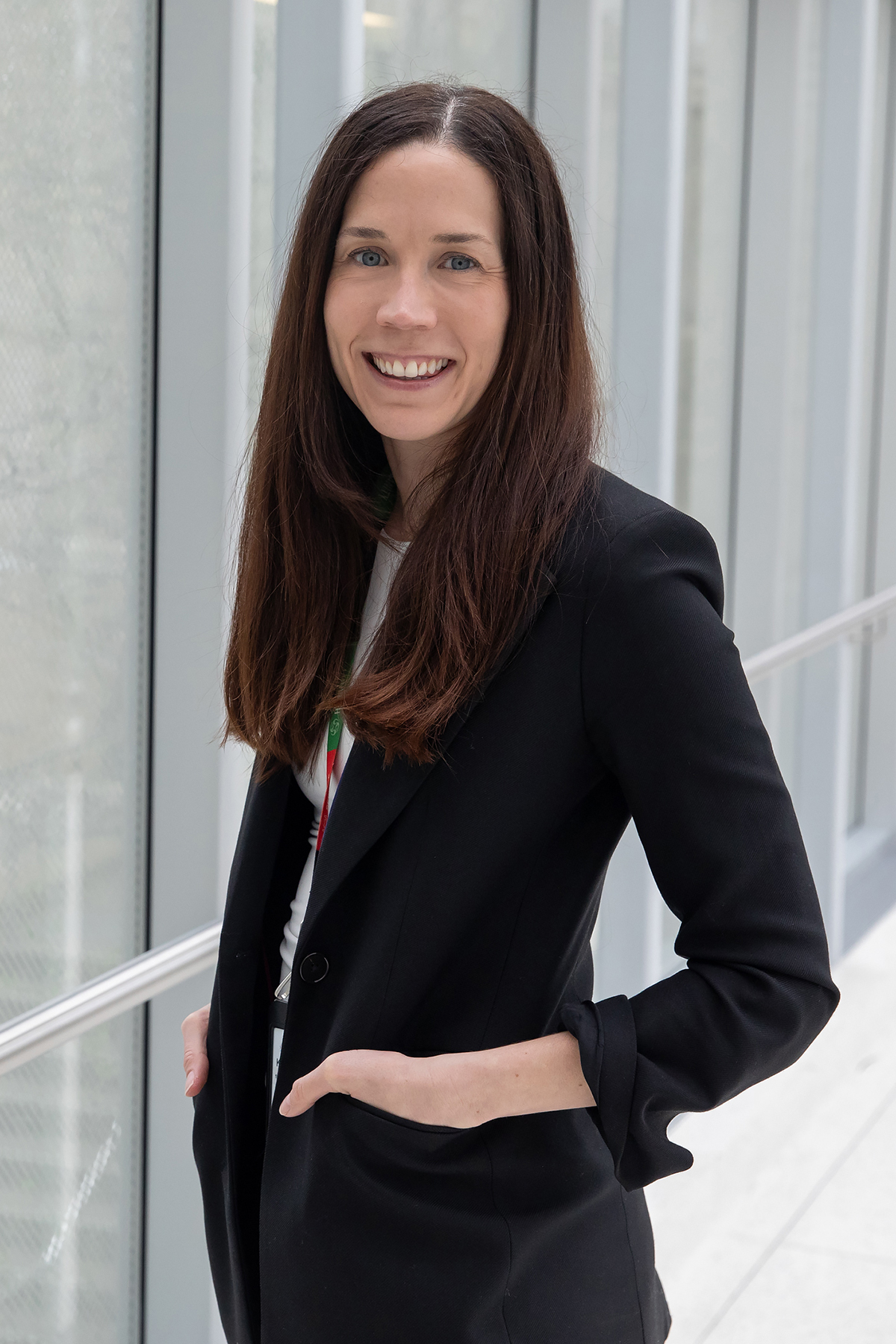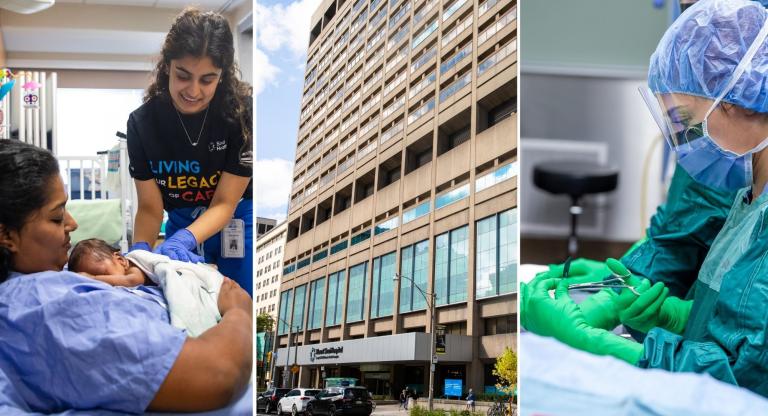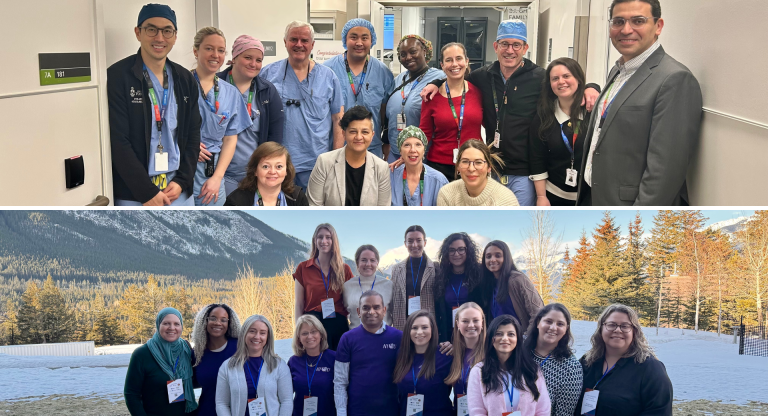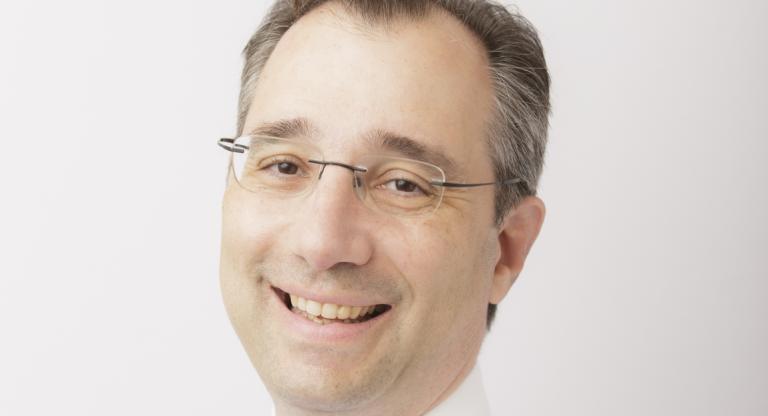‘The art and science of nursing’: Celebrating Sinai Health nurses
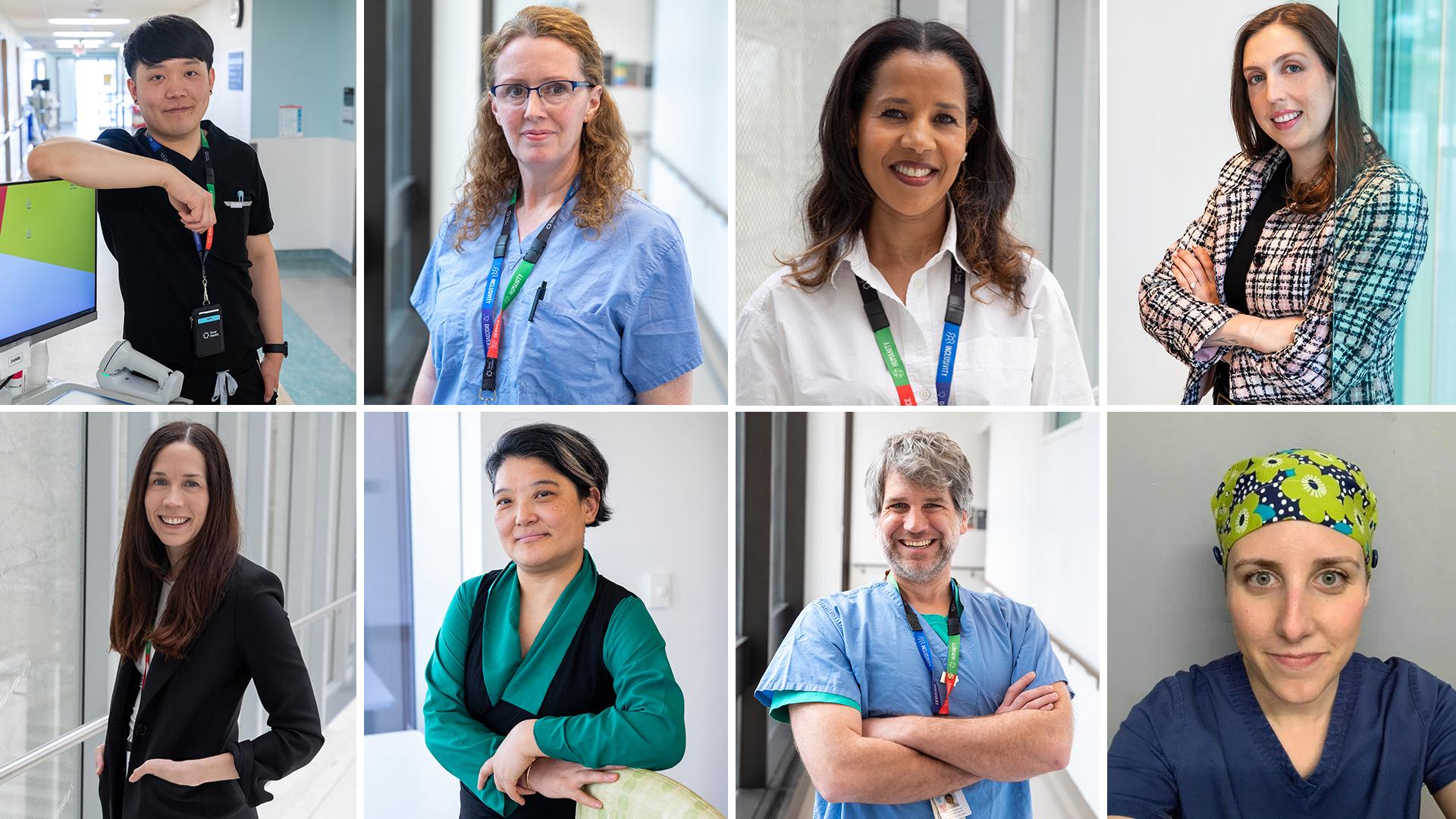
At Sinai Health, nurses are the heart of care. They are trusted caregivers, leaders, and innovators who set the standard for high-quality health care.
Sinai Health is a founding member of the International Learning Collaborative, the global voice for fundamental care. In Canada, we are leaders in advancing and advocating for fundamental care as an evidence informed solution to address the challenges we face in health-care. Currently, we are using its Leadership and Mentorship Program (LAMP) framework to further strengthen fundamental care practices across our teams as a key enabler of compassionate care.
This year’s Nursing Week theme, ‘The power of nurses to transform health,’ reminds us of the vital role nurses play—not only in caring for patients but also in shaping the future of health care”, said Jane Merkley, Executive Vice President, Chief Nurse Executive and Chief Operating Officer at Sinai Health. “Our nurses are delivering exceptional care to patients and families, mentoring the next generation of health-care professionals, and advancing innovation across our hospitals, and the health-care system."
Meet a few of our remarkable nurses as they share what drives their passion, what inspires their practice, and what it truly means to care at Sinai Health.
A childhood dream
The impact of compassionate care
Recently, I transitioned to Mount Sinai's cardiology unit because I was fascinated by the complexities of the cardiovascular system and the critical role it plays in overall health. I was particularly motivated by the advancements in cardiac treatments and the opportunity to work with patients during both acute and chronic phases of heart disease.” - Michelle Cabral, Registered Practical Nurse, Cardiology, Mount Sinai Hospital
Empathy and purpose are what truly count
The art and science of nursing
A strong commitment to helping others
Trust is established with kindness
The nursing culture I have experienced for 25 years at Mount Sinai empowers nurses to learn, grow, stay curious, get involved, lead, advocate, and be heard.” - Sarah Laurie-Ramganesh, Registered Nurse, Labour and Delivery at Mount Sinai Hospital
Focus on patient-centred care
Active listening, validation, and empathy
Thank you to all the nurses out there who improve the health and well-being of our communities, now and into the future. Watch the video to see their impact in action.









